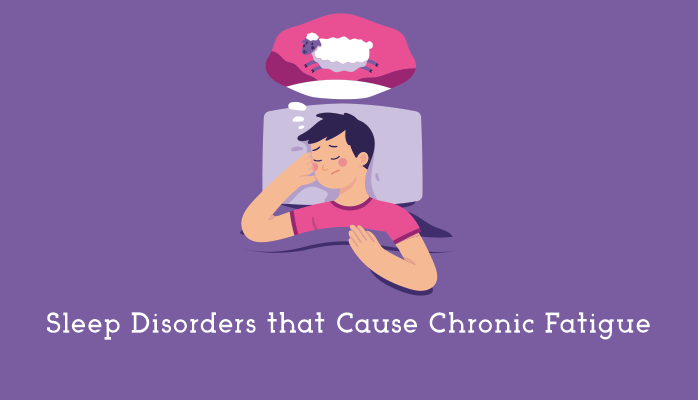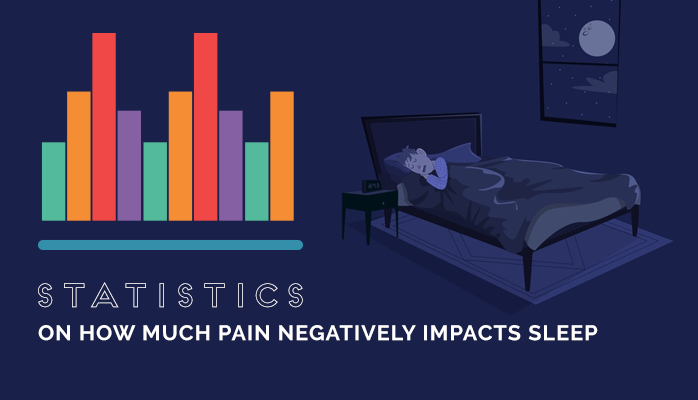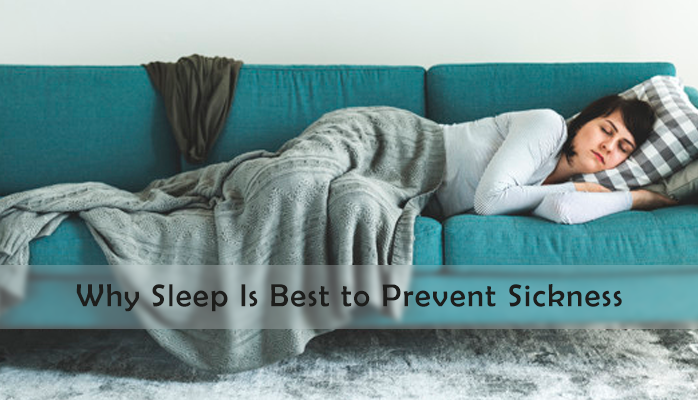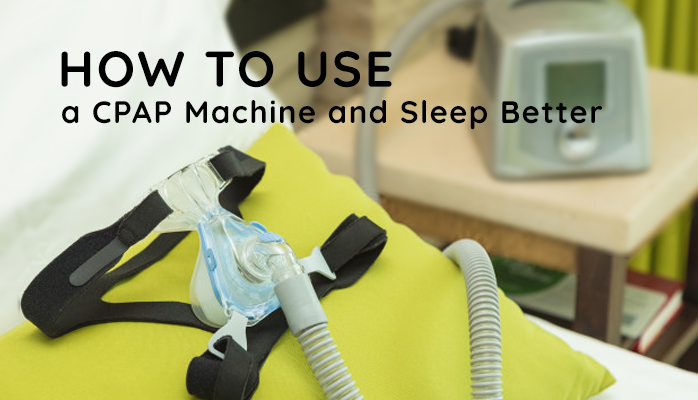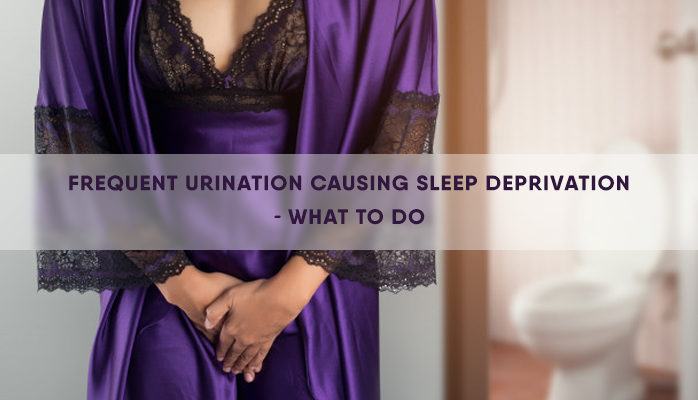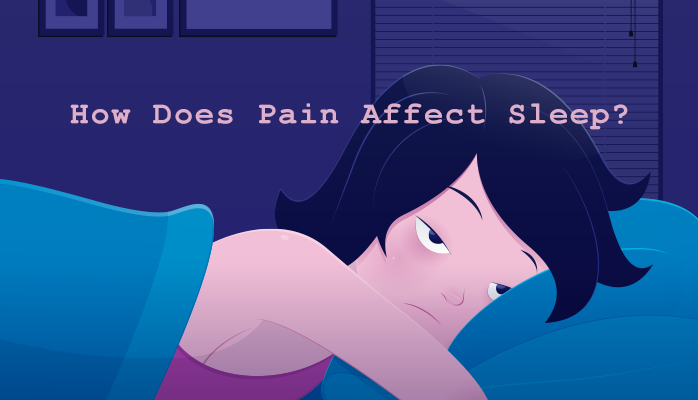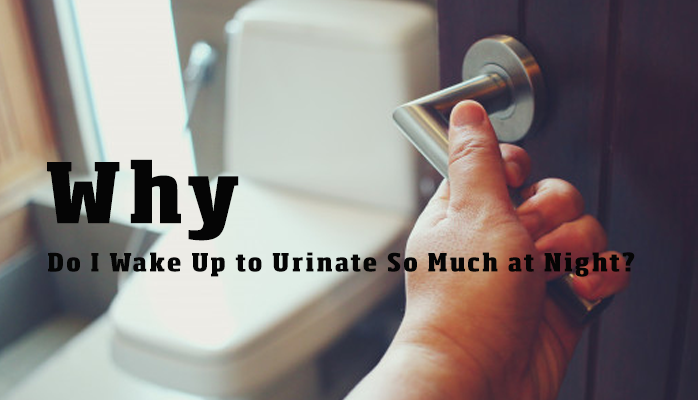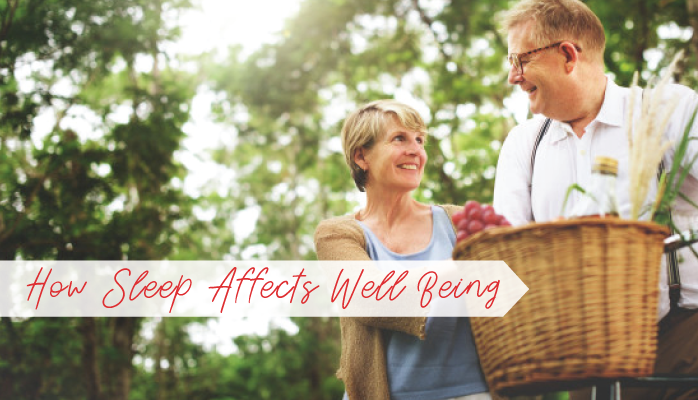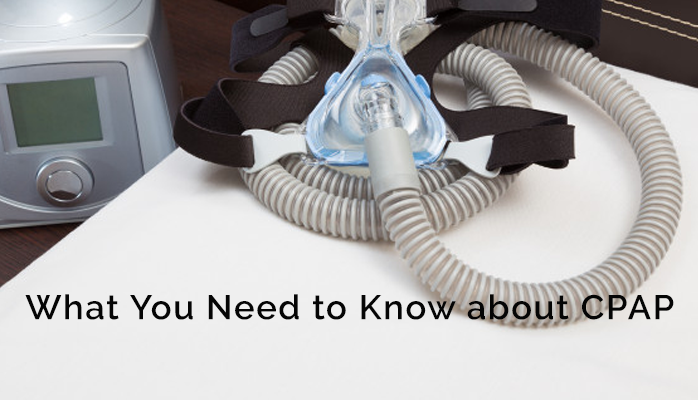Sleep and Age
Your sleep needs are largely moderated by a single factor; age. Age dictates the amount of sleep that one needs, and will also dictate sleep cycles, or circadian rhythm. This is an important consideration when trying to determine the appropriate amount of sleep because sleep loss can occur through:
- You are not sleeping long enough during the night
- You are not sleeping in sync with your circadian rhythm
Outside of age, there are other personal factors that can impact the amount of sleep that one needs. Lifestyle, number of kids, work schedule, etc. can all impact the amount of sleep necessary. In this blog post, we are going to discuss sleep requirements for children and adults, and how sleep changes over time.


